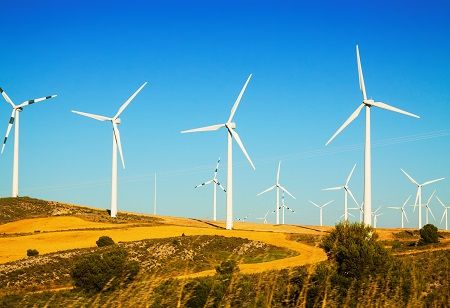
NTPC Cleared to Invest Rs 20,000 Cr to Boost Renewable Energy Drive
- NTPC’s renewable investment cap raised to ₹20,000 crore.
- Supports India’s 500 GW non-fossil fuel target by 2030.
- Boosts clean energy growth, jobs, and faster project execution.
The Cabinet Committee on Economic Affairs headed by Prime Minister Narendra Modi has sanctioned a rousing increase in the limit to invest in renewable energy projects of NTPC.
Accordingly, NTPC can now invest ₹20,000 crore by its wholly owned subsidiary NTPC Green Energy Limited (NGEL), compared to simply ₹7,500 crore originally. This decision aligns with NTPC's target of attaining 60 GW of installed renewable energy capacity by 2032.
The new specialized cap will permit NTPC to simply replace the previous ₹7,500 crore limit to broaden the renewable energy portfolio at NGEL including taking ownership interests in its wholly owned subsidiary, NTPC Renewable Energy Limited (NREL) and in joint ventures.
Currently, NGEL has a total regulated renewable capacity of approximately 32 GW, including 6 GW which is operational, 17 GW which is awarded, and 9 GW which is in process.
Also Read: SAEL to Invest ₹8,200 Cr in Greater Noida Solar Plant Expansion
This decision is part of the government's larger clean energy agenda to limit the reliance on fossil fuels. As a starting point, India has already met its own 50% target of power capacity from non-fossil fuel sources by 2030 and ended up meeting this target ahead of time. India now has a goal of 500 GW of non-fossil capacity by the end of the decade.
The government wants to raise the investment ceiling in order to expedite renewable energy development plans to improve grid reliability and create meaningful employment in all roles of engineering, construction and operation of green energy projects.
NTPC, a Maharatna Central Public Sector Enterprise (CPSE), will now receive faster authorizations than requirements that were previously undertaken, which will ultimately speed up the transition to clean energy for India.

.jpg)